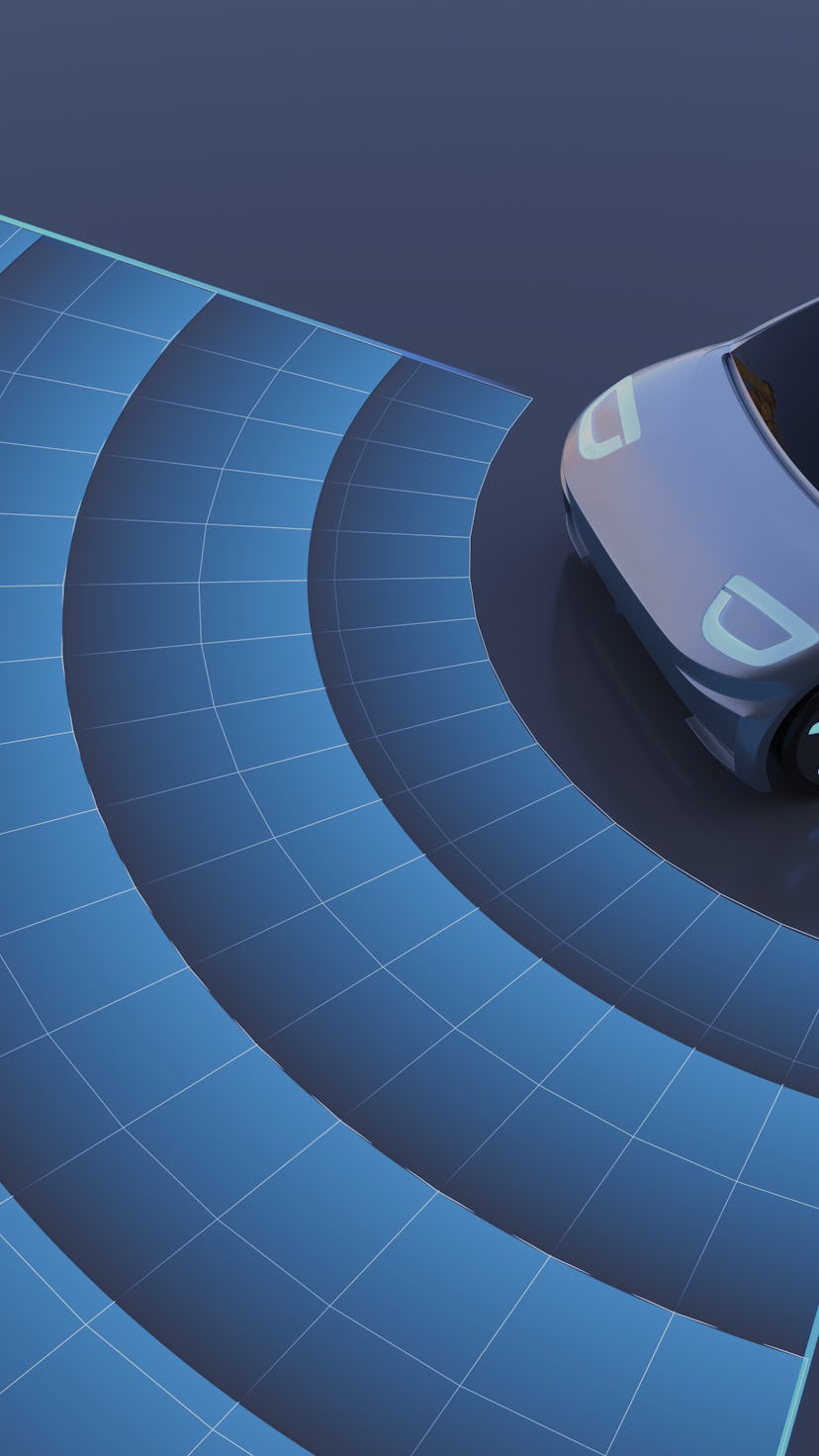The BBC found that a domestic flight produces 133 grams of carbon dioxide per kilometer of travel, plus 121 grams of secondary high altitude emissions. A car with four passengers produces just 43 grams of carbon dioxide per kilometer.
$10K
How much added education could increase a person's salary per year.
Business on wheels
Ready to get your coffee to-go? Jeffrey Tumlin, director of strategy at Nelson/Nygaard, told Inverse in November 2016 that businesses of the future could enlist autonomous vehicles for roving streets and delivering customers food, beverage, or other products on-the-go.
Robo-taxi
Automated taxi services like those proposed by Waymo and Tesla would remove the driver from the equation and could make taxis more convenient than ever. Motorists could send their cars out to earn more money for them, while passengers benefit from added convenience. It could even convince some to give up the car entirely.
No more parking
Taking a trip into the city? With a car that can locate you via your smartphone's GPS, there would be little need to find a parking spot. The car could return home and collect you when you request it. It could even spend its time ferrying nearby robo-taxi passengers, reducing the amount of time the car is driving empty.
Florida State University’s Department of Urban & Regional Planning produced a report in 2016 that shows how a reduced need for parking could help people claim back city space from cars.
